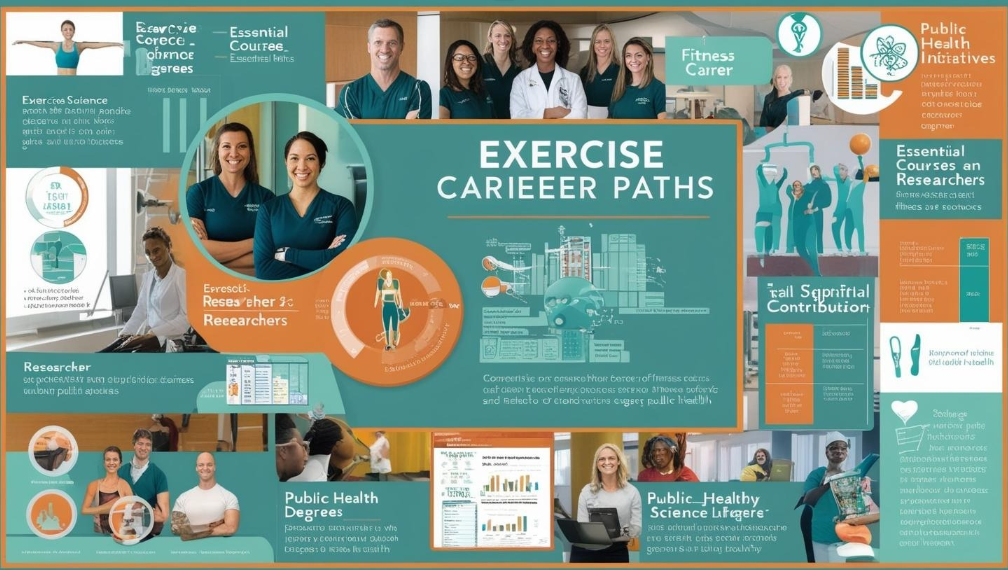
Introduction
An Exercise Science degree is a dynamic field blending biology, physiology, and health to optimize physical performance and wellness. This interdisciplinary program equips students to tackle pressing health challenges, from chronic disease prevention to enhancing athletic performance. But how does it connect to public health? Let’s explore the careers, courses, and its critical impact on community well-being.
What Is an Exercise Science Degree?
Exercise Science focuses on human movement, health promotion, and disease prevention. Students study anatomy, biomechanics, nutrition, and exercise physiology, gaining skills to design fitness programs, rehabilitate injuries, and improve population health outcomes. This degree bridges individual wellness and broader public health goals—making graduates vital in today’s health-conscious society.
Top Careers in Exercise Science
Graduates enter diverse fields, including:
- Exercise Physiologist: Assess fitness levels and create tailored plans for patients with chronic conditions.
- Sports Coach: Optimize athlete performance using science-backed training techniques.
- Corporate Wellness Coordinator: Develop workplace health initiatives to reduce absenteeism.
- Public Health Educator: Advocate for community exercise programs to combat obesity or diabetes.
Did you know? The Bureau of Labor Statistics projects a 10% growth in exercise science careers by 2032, fueled by rising chronic disease rates.
Core Courses You’ll Study
- Human Anatomy & Physiology: Master the body’s systems and their responses to exercise.
- Biomechanics: Analyze movement patterns to prevent injuries.
- Nutrition Science: Learn how diet impacts performance and metabolic health.
- Exercise Prescription: Design safe, effective workouts for diverse populations.
- These courses prepare graduates to address both individual and community health needs.
The Public Health Connection
Exercise Science isn’t just about personal training—it’s a cornerstone of public health. Here’s how:
- Disease Prevention: Regular physical activity reduces risks of heart disease, diabetes, and obesity. Graduates lead initiatives like community fitness classes or school wellness programs.
- Policy Advocacy: Exercise scientists collaborate with policymakers to promote active lifestyles (e.g., building parks or bike lanes).
- Mental Health: Exercise combats depression and anxiety, easing the public mental health crisis.
Case Study: A 2023 program in Miami saw a 15% drop in childhood obesity rates after exercise science graduates implemented school-based interventions.
Why This Degree Matters Now
With global sedentary lifestyles rising, Exercise Science professionals are essential. They empower individuals, shape health policies, and drive preventive care—all while saving healthcare costs. Whether you aim to train athletes or transform community health, this degree offers a rewarding, impactful path.

